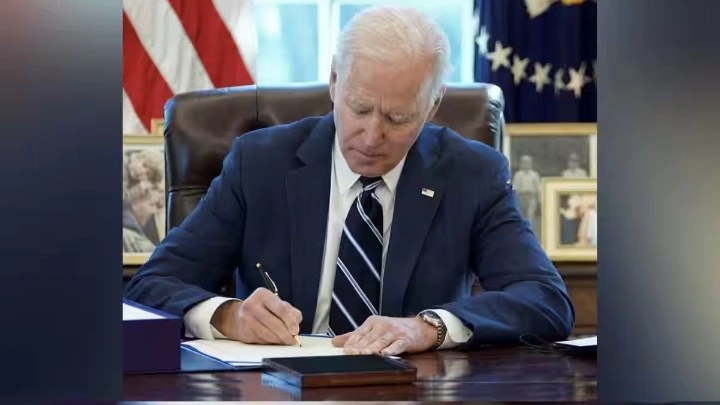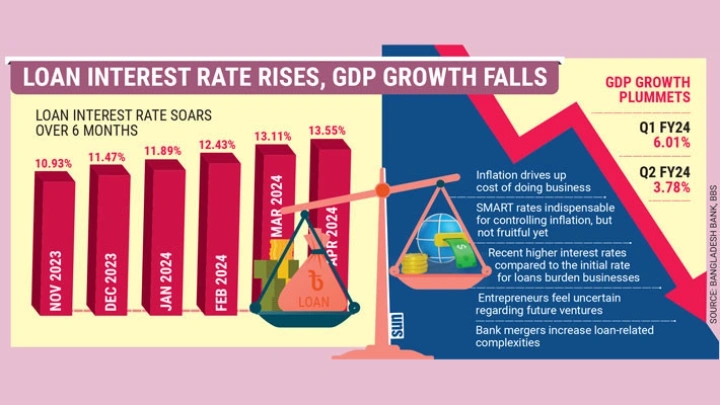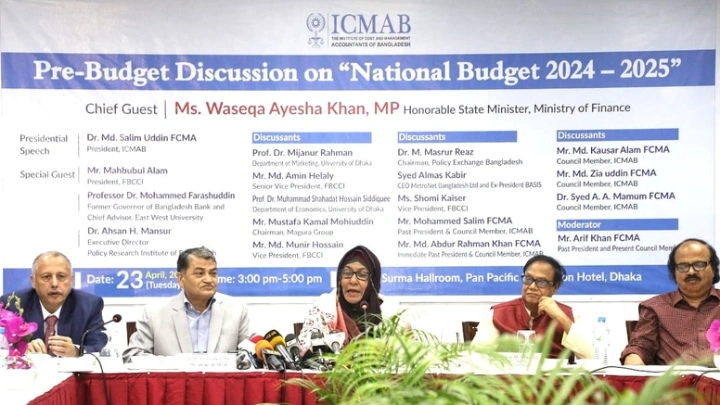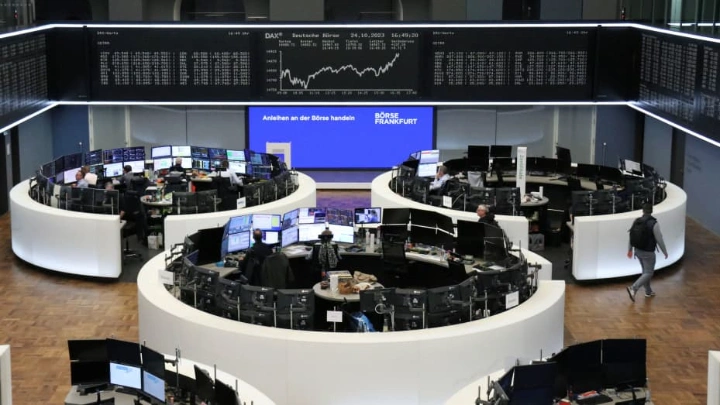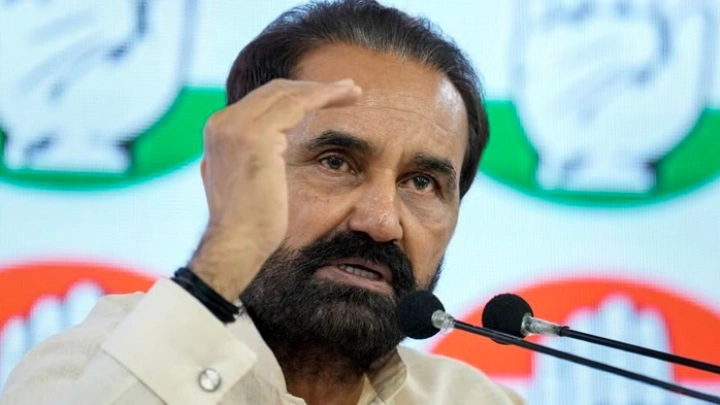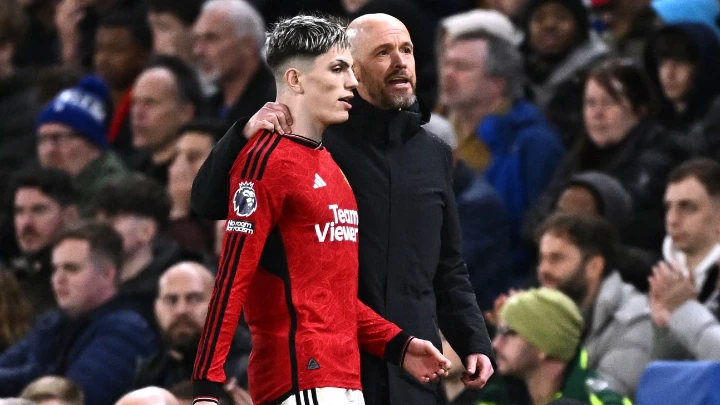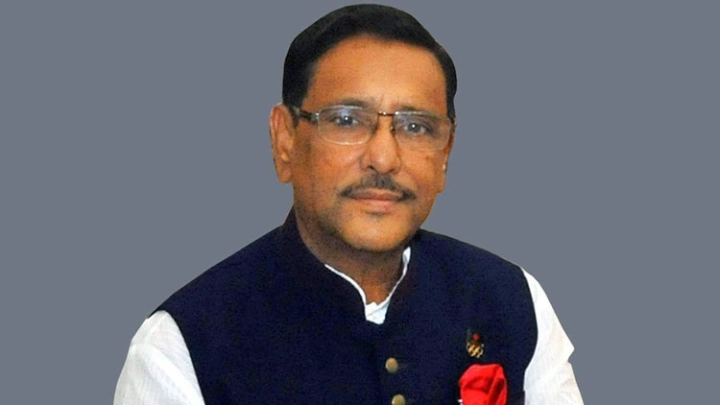US President Joe Biden signs debt ceiling bill into law, averting default
AFP || Shining BD
Saturday, US President Joe Biden signed into law a debt ceiling bill passed by Congress after weeks of wrangling, averting a catastrophic, self-inflicted default in the largest economy in the world.
The Fiscal Responsibility Act of 2023 allows the government to extend the so-called debt ceiling in order to continue borrowing and pay its bills. The Treasury had warned that the nation would default on its $31 trillion debt if the debt ceiling was not raised by Monday.
A default would have likely precipitated market panic, massive job losses, and a global recession.
Saturday, the White House issued a statement thanking the Republican and Democratic leaders of Congress "for their partnership."
In a rare Oval Office address on Friday night, Vice President Biden stated that the debt ceiling bill prevented "economic collapse"
Biden, speaking live on primetime television from behind the historic Resolute Desk, described the agreement between Democrats and Republicans as a compromise in which "no one got everything they wanted."
Nevertheless, "we averted an economic crisis," he said.
Presidents have always reserved Oval Office addresses for times of exceptional national danger or significance.
Biden used the opportunity to project a calming, reassuring tone. He praised his opponents for negotiating in good faith and assured the audience that he had never been more optimistic.
Biden stated that Congress has now maintained "the full faith and credit of the United States."
In spite of the House and Senate putting aside their differences and rushing the agreement through in the last week, the US economy's reputation took a hit.
Despite the agreement, rating agency Fitch stated on Friday that it will keep the United States' "AAA" credit rating on negative watch.
- Reaching out to adversaries -
The debt ceiling is a normally uncontroversial accounting maneuver that is annually approved by Congress. It enables the government to continue borrowing money to pay bills that have already been incurred.
This year, the hard-right Republicans who control their party's narrow majority in the House of Representatives decided to use the must-pass vote as leverage to compel Vice President Biden to accept cuts to numerous Democratic spending priorities.
This sparked a test of political strength that threatened to devolve into chaos before the two sides agreed this week to raise the debt ceiling in exchange for a freeze on some budgetary spending, but fell far short of Republican demands for cuts.
Kevin McCarthy, speaker of the Republican-controlled House, hailed the compromise bill as a major victory for conservatives, despite criticism from right-wing extremists that he made too many concessions.
But Biden, who is running for re-election in 2024, views the dramatic resolution of the crisis as a victory, demonstrating his negotiating skills and pitching himself as a moderate voice in an increasingly extreme political landscape.
In the speech, he bolstered his credentials by lavishing praise on McCarthy, a politician who has long been loyal to former president Donald Trump -- the man Biden defeated in 2020 and who is seeking reelection in 2024.
"I would like to laud Speaker McCarthy. Biden stated, "You know, he and I, along with our respective teams, were able to get things done and get along."
Shining BD

